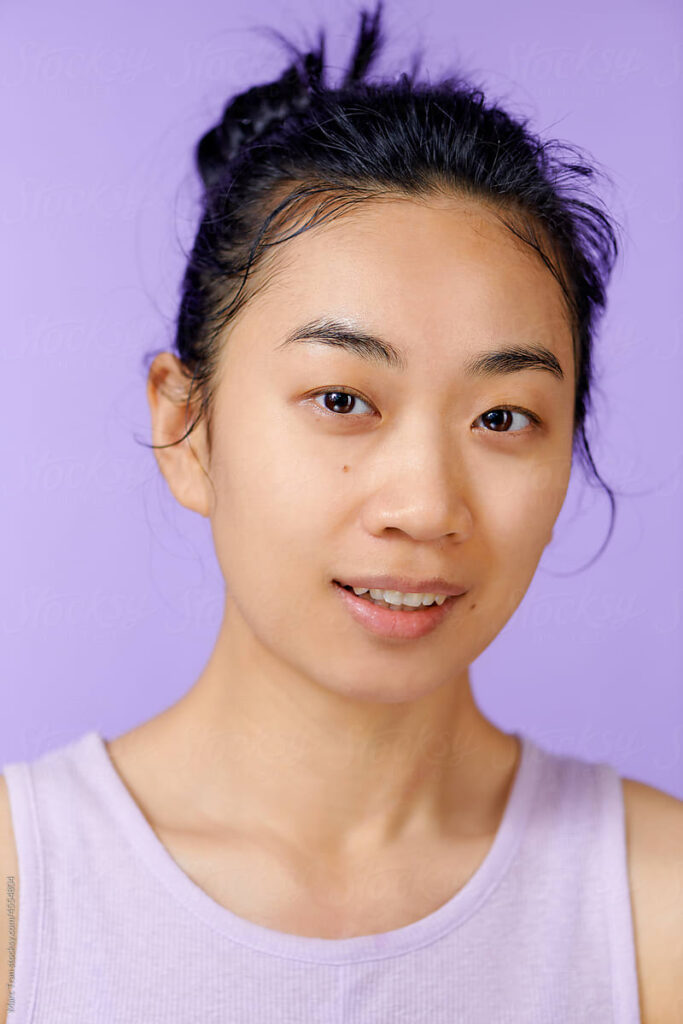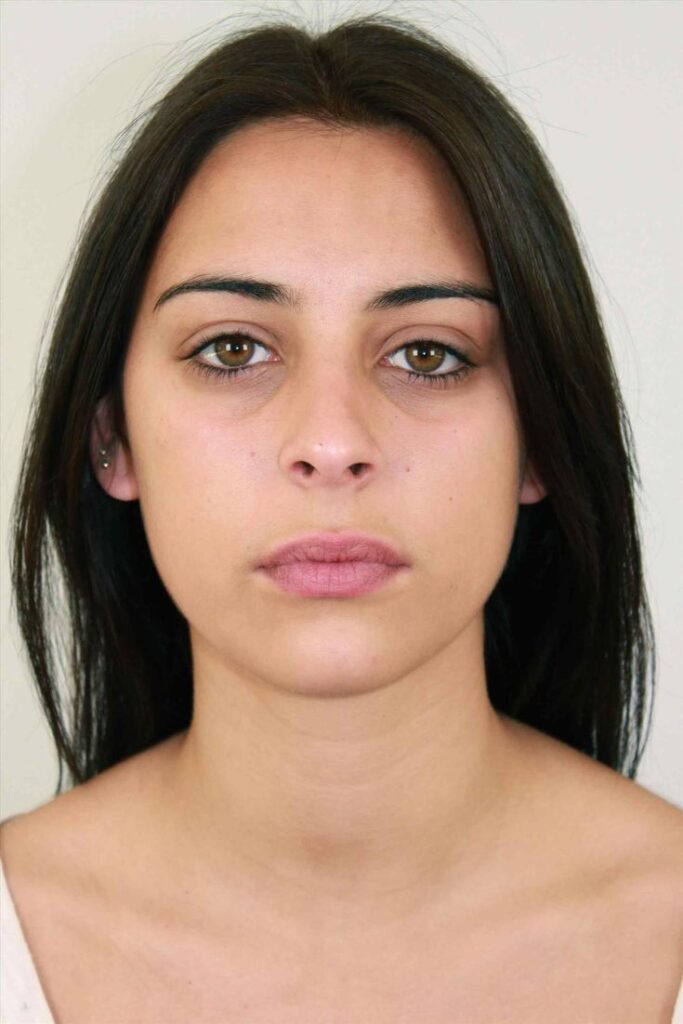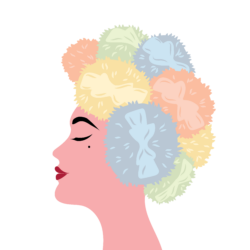It’s a phrase that gets tossed around casually, like a badge of honor or a whispered confession: “I’m not wearing any makeup.”
But under that simple sentence is a web of implications about authenticity, beauty, judgment, and the deep desire to be perceived a certain way. And it begs the question: what are we really trying to prove when we say it?

Sometimes it’s meant to signal confidence. A declaration that “I’m enough, just like this.” And that can be powerful, especially in a culture that constantly pressures women to perform, polish, and perfect. But even then, we have to ask: enough for whom? Enough to post the photo? Enough to run into an ex? Enough to not apologize for our face?
Other times, it’s deflection. A way to lower the bar before someone else raises it. A self-protective move that says, “Don’t expect much from me right now,” or “I know I don’t look my best, but at least I’m being real.” The phrase becomes less about beauty and more about managing perception.
There’s also the comparison trap: “I’m not wearing any makeup” as a subtle boast. An unspoken competition between who can be the most effortlessly beautiful. It might come from internalized pressure. Because we’ve been taught that the best kind of beautiful is the kind that looks accidental—but is anything but.
And then there’s guilt. The kind that tells us we need to justify our beauty routines by proving we don’t rely on them. As if caring about your appearance is only acceptable when it’s downplayed, casual, or hidden behind disclaimers.

Saying “I’m not wearing any makeup” doesn’t always mean what it sounds like.
Sometimes, it means: “I want to be taken seriously.”
Sometimes: “I’m tired of pretending.”
Sometimes: “See? I’m still worthy.”
And sometimes: “Please don’t look too closely.”
We have complicated relationships with our faces and with the choices we make about how they’re presented to the world. There’s no shame in bare skin, and no shame in blush. What deserves interrogation isn’t the product on the face, but the pressure behind the statement.
So the next time you feel compelled to say it, pause and ask yourself:
What story am I trying to tell? And who am I telling it for?
The truest power is not in wearing makeup or not wearing it, but in not needing to explain either.
